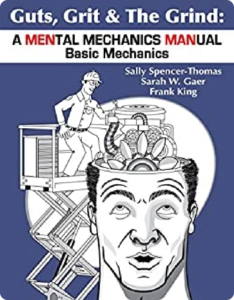LEXINGTON, Ky.—In the heart of America’s farmland, a silent crisis is taking root. While the world marvels at technological leaps in crop yields and sustainability, a growing number of agricultural leaders are beginning to ask a tougher question: at what cost to the people who work the land?
Recent studies highlight alarming rates of depression and suicide among farmers, operators, and rural workers. The reasons are as old as agriculture itself: long hours, unpredictable markets, isolation, and the ever-present pressure to be “tough.” Yet what’s truly dangerous is the stigma that still surrounds conversations about mental health in the industry.
“Farmers are resilient by nature,” says Frank King, a comedian turned suicide prevention educator whose own family history is laced with both humor and heartbreak. “But sometimes, the biggest risk isn’t the weather or the market—it’s the belief that asking for help makes you weak.”
King is one of a new wave of experts urging agriculture to treat mental wellness like any other workplace safety issue. “You wouldn’t run a combine with the ‘check engine’ light flashing,” he says. “So why ignore the warning signs in your team—or yourself?”
According to the CDC, suicide rates in agriculture are among the highest of any industry. But the solution, King insists, is not just about crisis intervention. It’s about prevention: equipping individuals and organizations with the tools to spot problems early, normalize conversations about stress, and create peer support networks that work—even in the most isolated settings.
“Think of it as routine maintenance,” King says. “Just as you check the oil or rotate the tires, you need to check in on your team’s mental health. And you need to make it as normal as any other safety protocol.”
Key to this approach is breaking the stigma. King uses humor, personal stories, and practical frameworks like the “Mental Mechanic’s Toolbox” to help leaders move beyond platitudes to real action. He advocates for training on how to recognize warning signs, building a culture where it’s safe to speak up, and providing resources that are accessible to all—whether in the field or the boardroom.
“Resilience isn’t just about surviving the tough years,” King says. “It’s about having the support and the skills to thrive, year after year. That’s the competitive advantage most people are missing.”
As agriculture continues to evolve, King and others believe that integrating mental wellness into the fabric of the industry is not just the right thing to do—it’s essential for long-term sustainability, safety, and success.
The next revolution in farming, it seems, won’t just be in the soil or the supply chain. It will be in the minds and hearts of those who keep the world fed.

